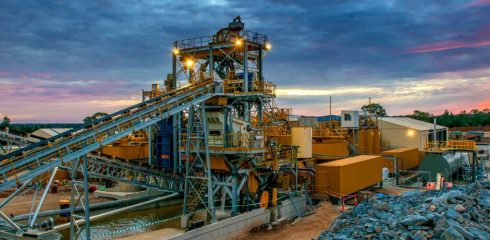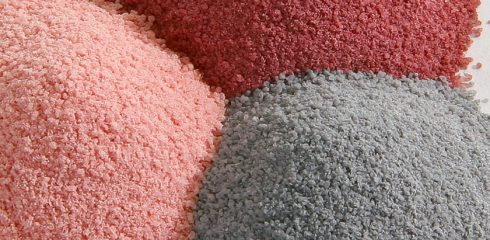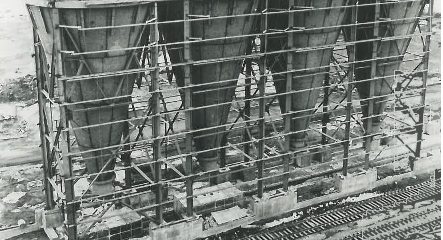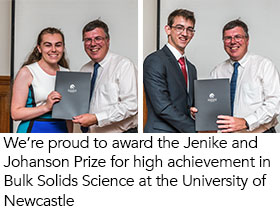
June, 2017 Perth, Australia
Jenike and Johanson is proud to award Ryan Stiff and Zoe Scott the Jenike and Johanson Prize for high achievement in Bulk Solids Science at the University of Newcastle Mechanical Engineering and Mechatronics Dinner.
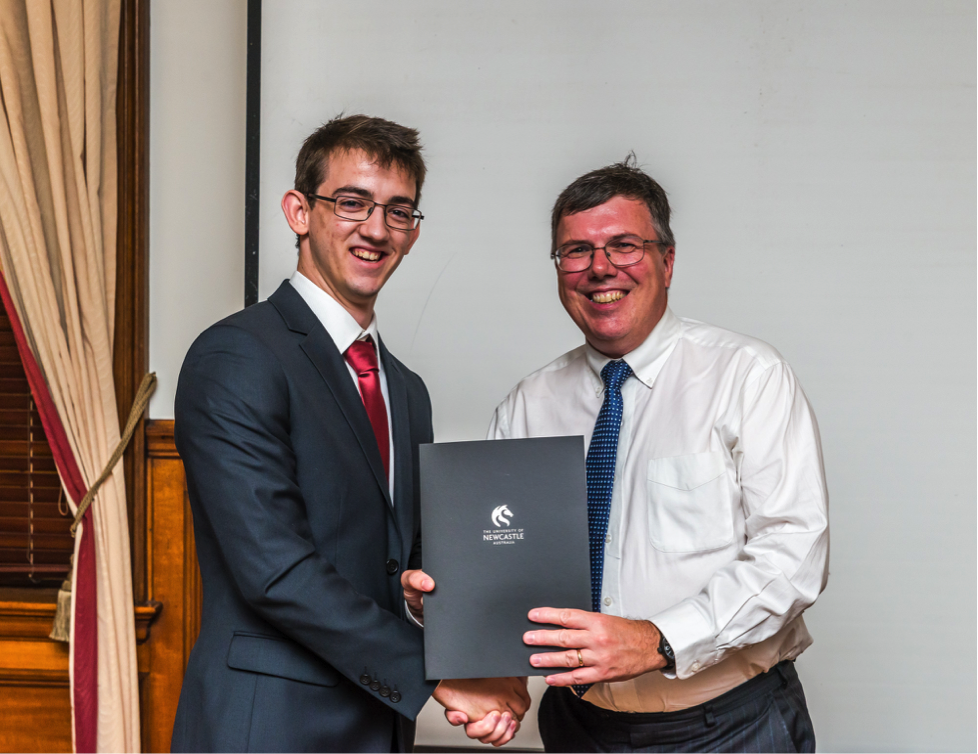
Ryan Stiff
We asked Ryan some question about his education on bulk solids, here are his responses.
What aspect of bulk solids science did you find the most interesting during your studies?
I found it to be a very interesting course because of its difference to the other courses I have completed. Rather than looking at a single component or multiple interacting components it was all about the interaction of millions of individual particles and all the ways they could interact with each other and the environment they are in.
What was the most surprising thing you learnt about the behaviour of bulk solids?
It was not as linear as I thought it would be. Coming into the course I believed it would be as simple as just adding more conveyor belts, adding a chute to change height, or just increasing the pipe length but it is more complex than that. Every system has to be designed for its own purpose and no system can be just copied from another without important alterations to be made.
Things are changing and while there will always be a need for the basic science, the way it is applied may change? How do you think things might go in the future?
I think in the future there will be more systems developed that reduce the need to perform large batches of calculations. There are already programs that allow simulations of bulk solid material transportation and as the industry further develops these programs will become more sophisticated and have faster processing times. For engineers, it will be smarter designing and optimizing existing systems that will continue to become important rather than having to spend time on calculating for simpler designs.
Zoe Scott
We asked Zoe about her education on bulk solids, here are her responses.
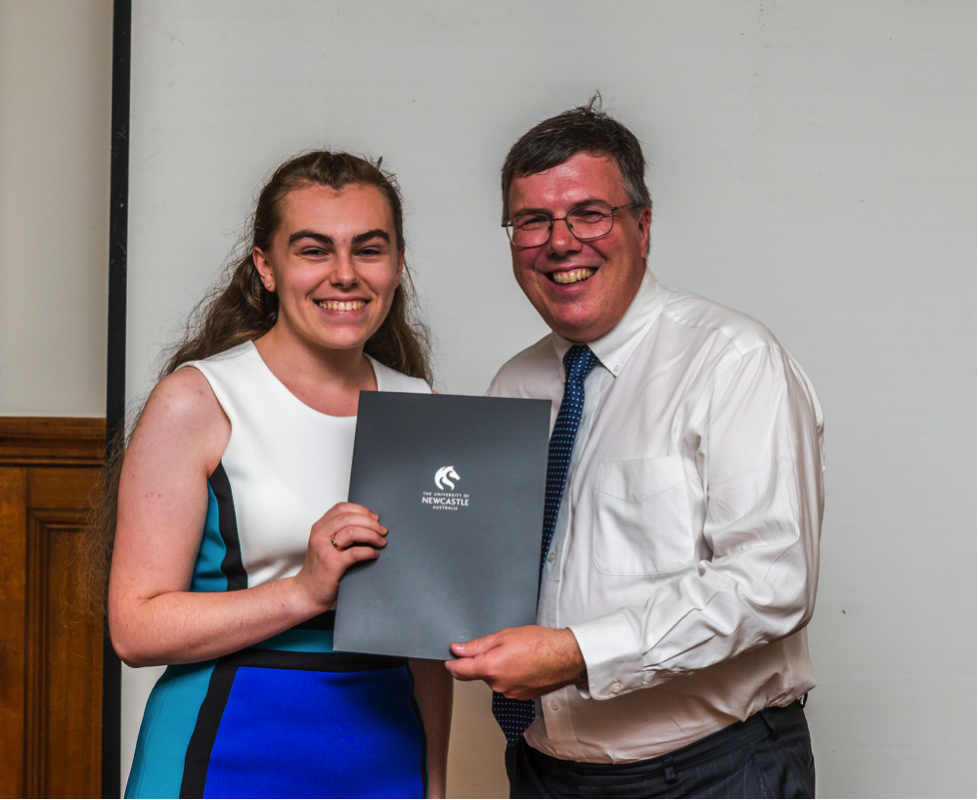
What was it about bulk solids that attracted you to it and to apply yourself so passionately?
The incredible volume of material that is handled daily locally and in the rest of Australia made me want to find out more about the way it is transported and the engineering behind those methods. Materials handling is such a large industry that’s rarely spoken about and I just had to know more about it.
What aspect of bulk solids science did you find the most interesting during your studies?
I most enjoyed studying overland conveyors and learning about all the different contributing factors to calculating belt tensions. It was interesting to see the amount of science that goes into the designing of a conveyor and how dependent their design is on the material and flow characteristics.
What was the most surprising thing you learnt about the behaviour of bulk solids?
I had no idea that different materials had a different angle of repose, or that that angle even had a name! I’d not thought about it much before. It seems so simple and obvious now, but learning about it for the first was really interesting.
Things are changing and while there will always be a need for the basic science, the way it is applied may change? How do you think things might go in the future?
As systems become more and more automated and companies demand longer systems with a larger throughput, new ways of handling materials will need to be developed. Also, the types of things we will be dealing with will change as renewable energy replaces coal fired power stations.
About Jenike & Johanson, Inc.
Jenike & Johanson is the world’s leading company in powder and bulk solids handling, processing, and storage technology. Over the past 55 years, we’ve tested over 10,000 unique powders and bulk solids and worked on more than 7,500 projects, giving our team the broadest real-world and in-depth experience in the industry to address a wide variety of bulk material handling and engineering needs.



